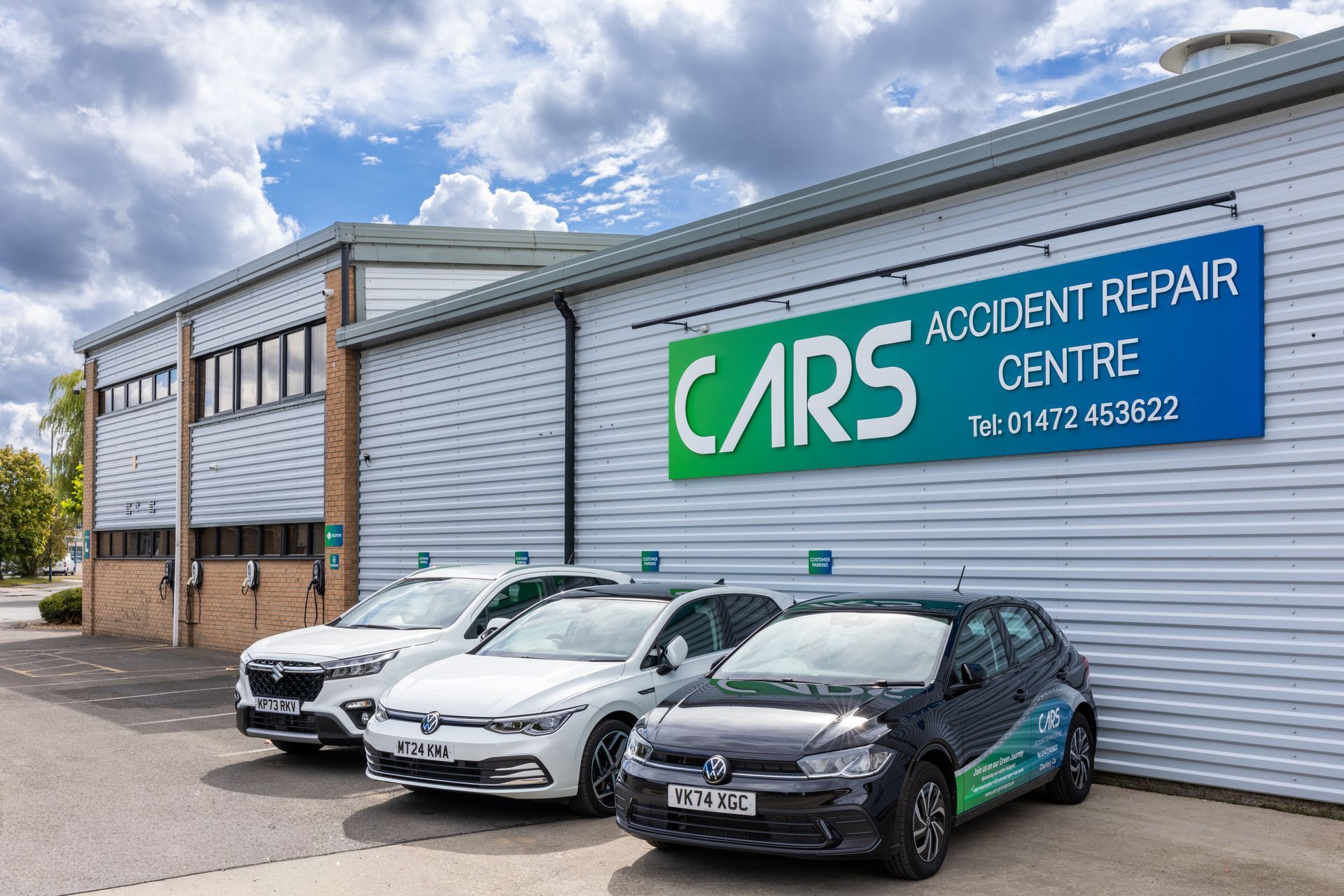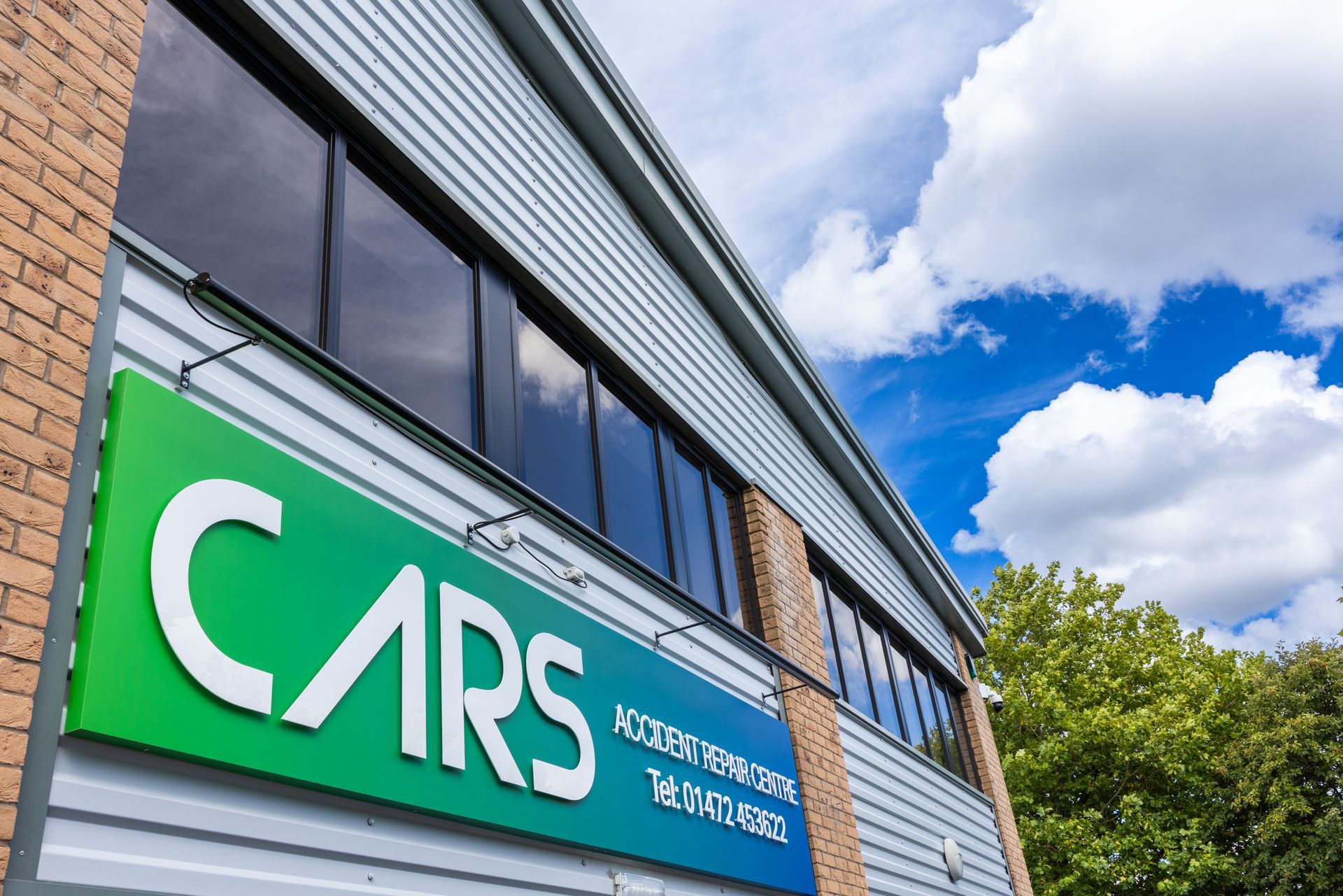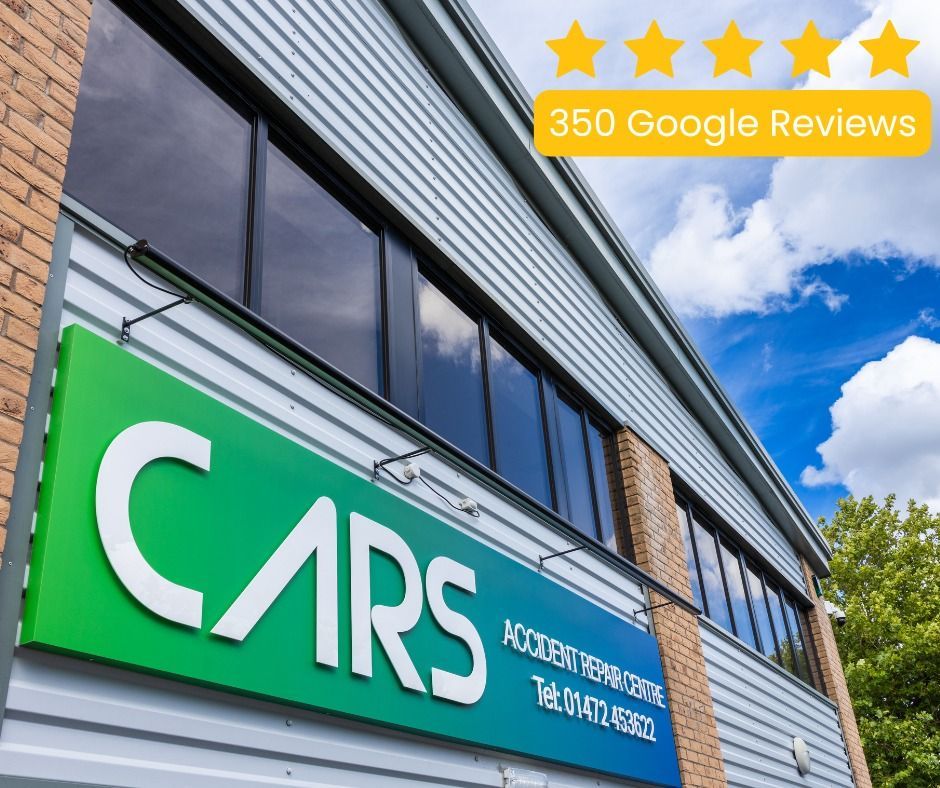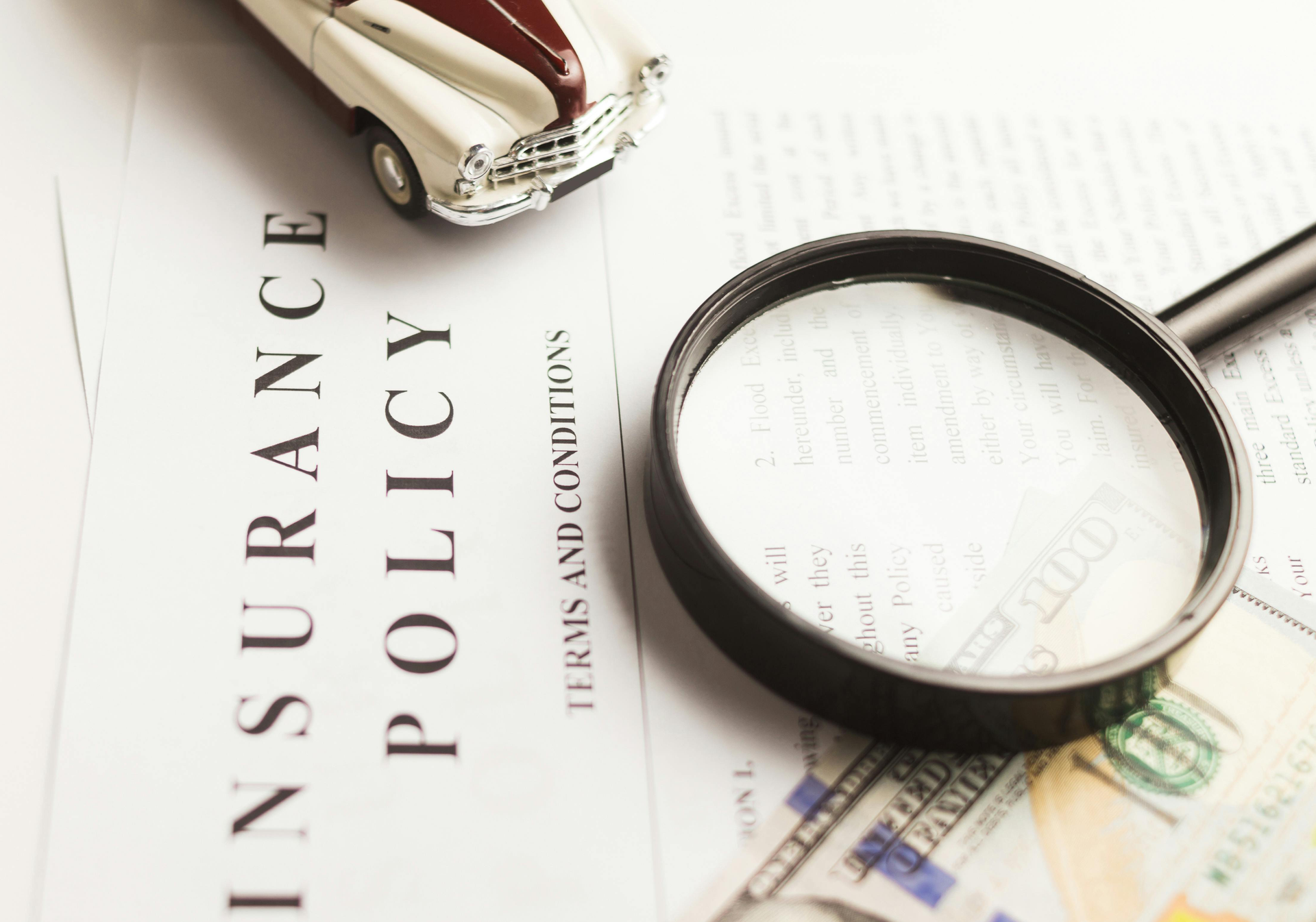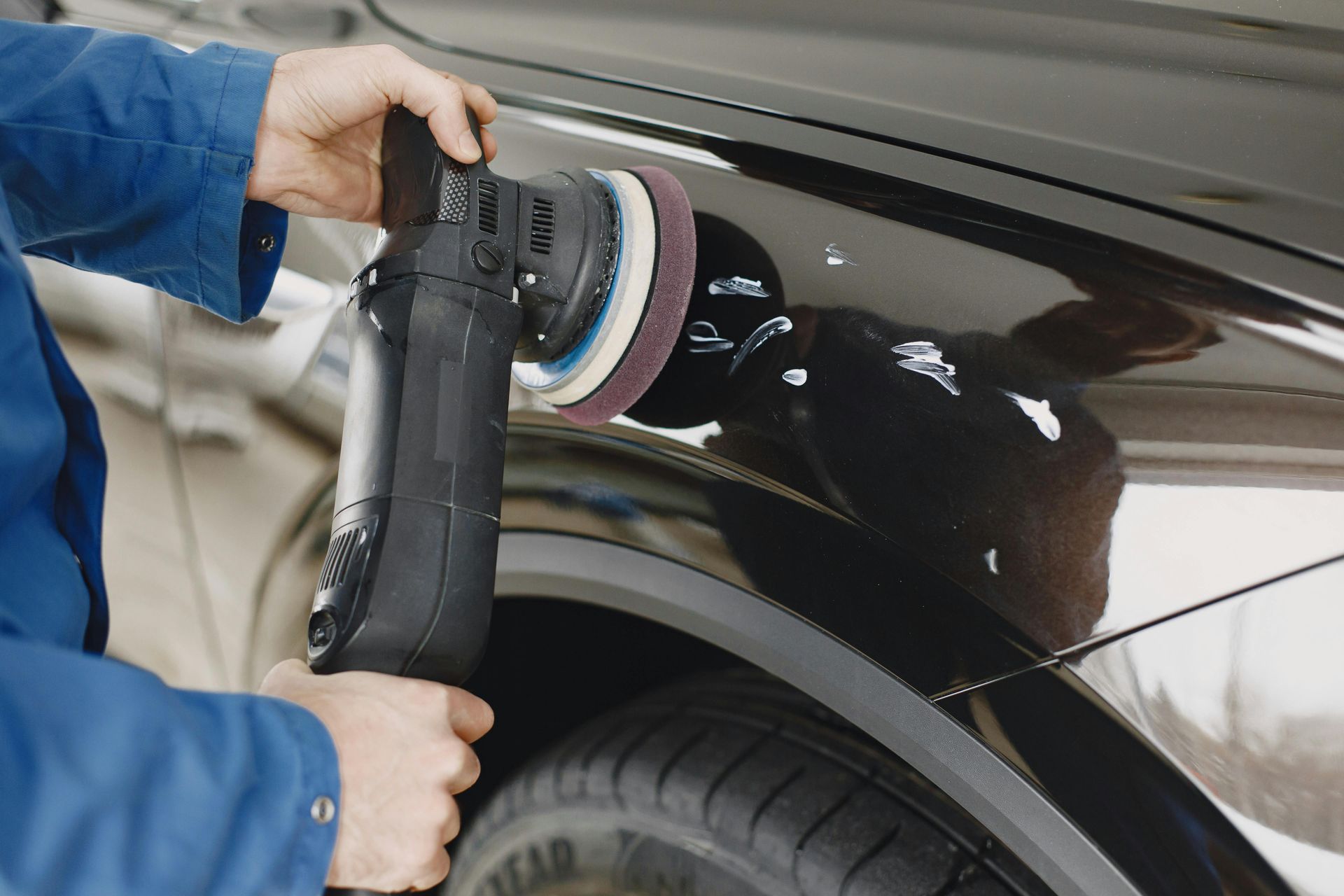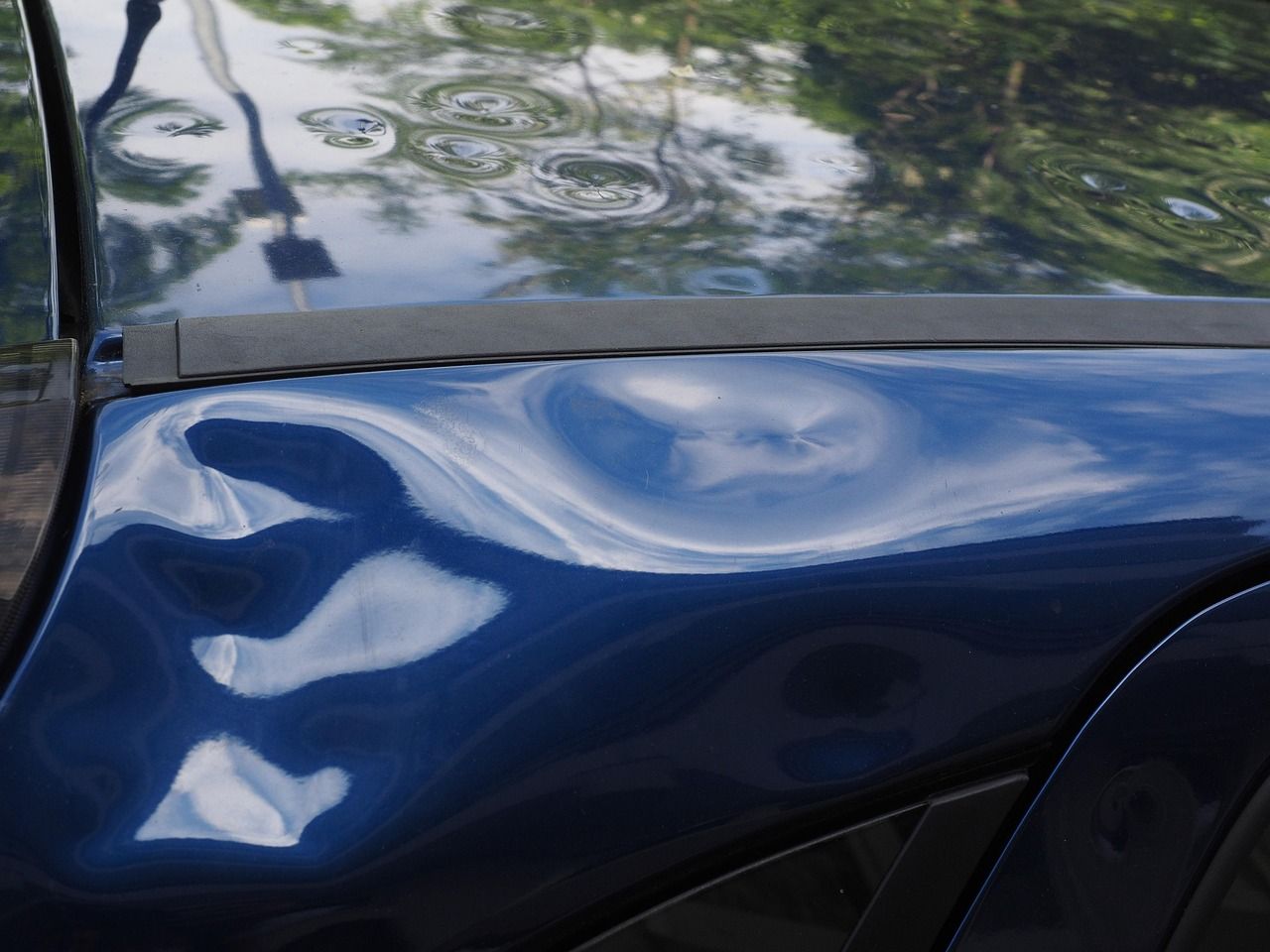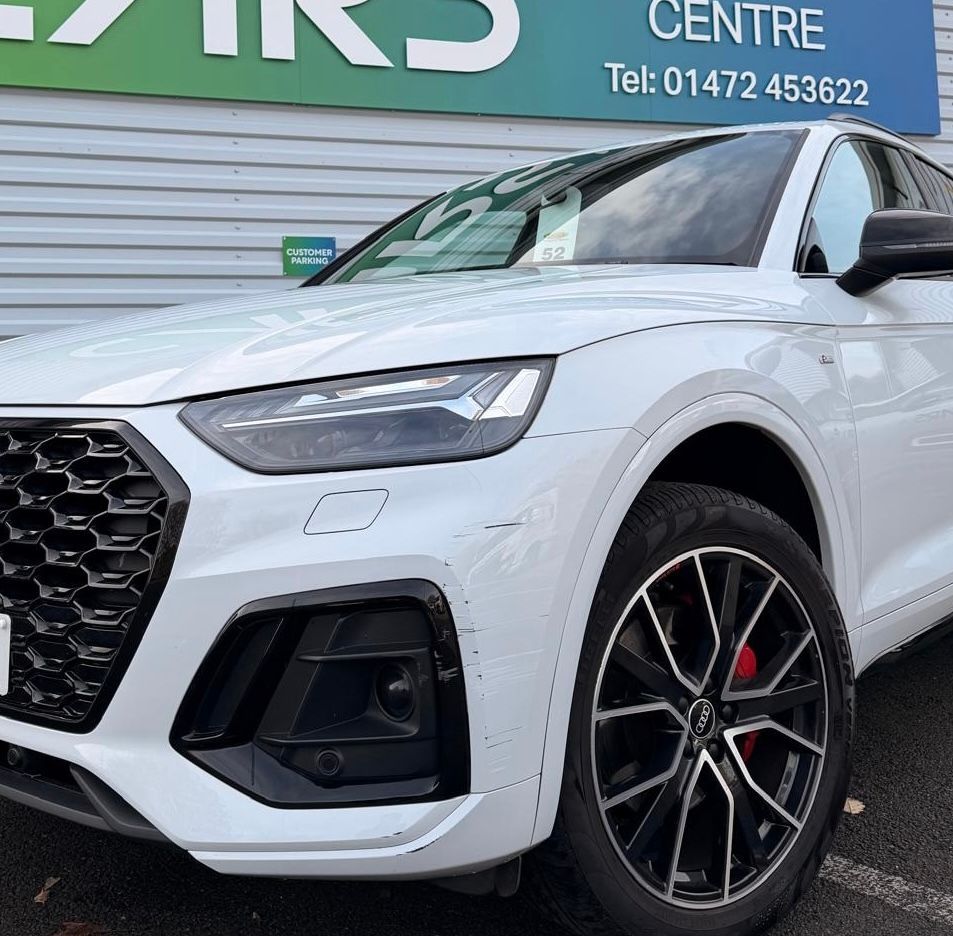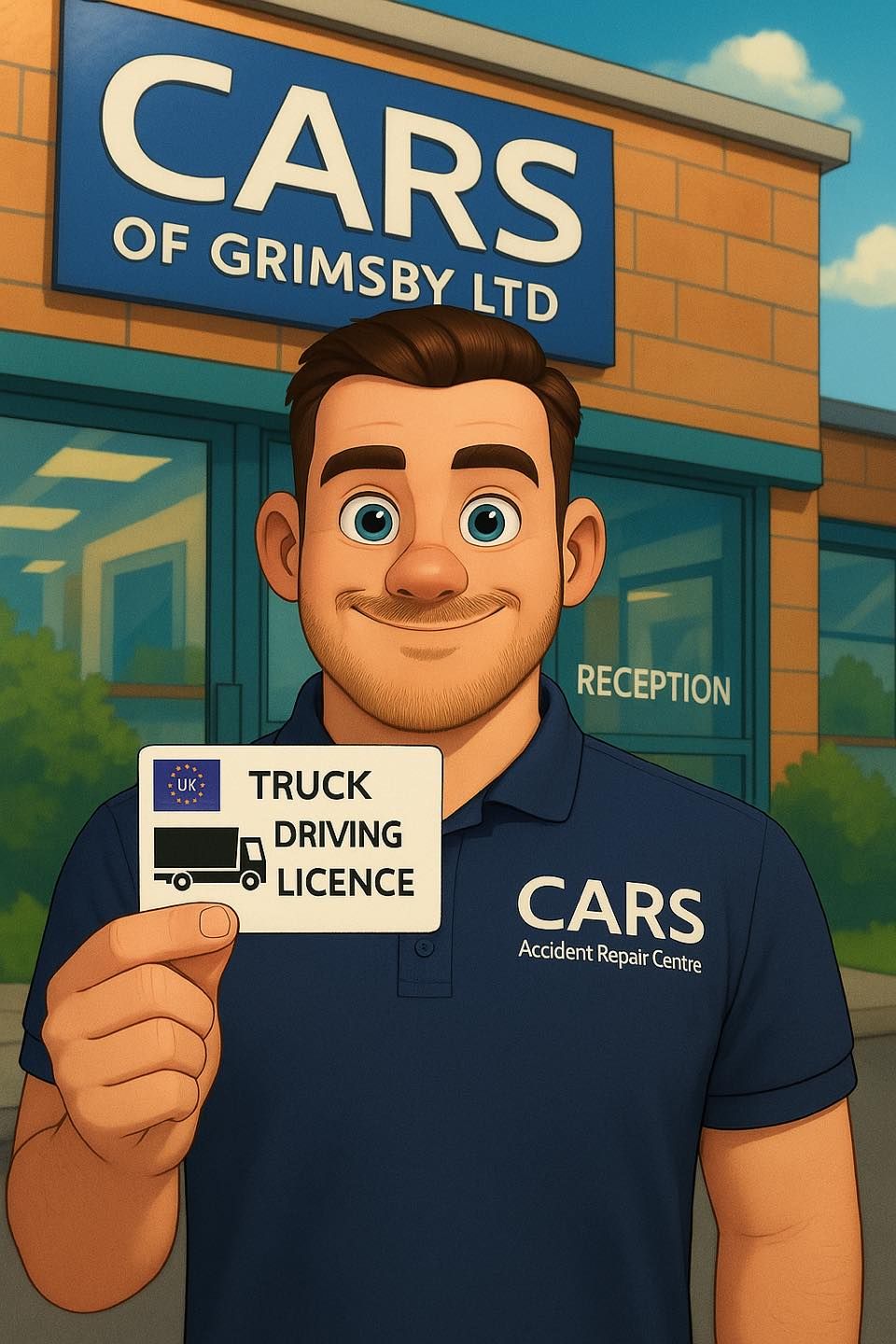Car Insurance Explained
In this blog, we give an overview of the different types of car insurance policies available in today’s market, and look to uncover some common policy terms.
Policy Types
- Fully Comprehensive – This is the highest level of car insurance coverage. You are usually covered for third-party damage to another vehicle or person, as well as damage, fire or theft of your own vehicle – regardless of who is at fault. Your insurance provider may offer extra policy features for an additional cost. These include, but are not limited to, breakdown cover, windscreen cover and car key cover.
- Third Party, Fire and Theft – This policy type covers you for theft of your vehicle or fire damage, as well as any damage you cause to other people and their property. This type of insurance policy will not cover any damage to your own car (unless it occurred as a result of fire or attempted theft), meaning you will have to pay for any car repairs directly.
- Third Party Only – This is the minimum level of cover you can legally hold if you intend to use your vehicle on UK roads. This type of policy covers the costs of damage you cause to someone else’s vehicle or property, as well as any injuries you may cause to a third party. There is no cover for your own vehicle.
You should always provide accurate information to your insurer and keep them updated with relevant changes.
No-Claims Discount
When purchasing a policy, you may also be asked if you hold any No-Claims Discount. This discount is a reward for policyholders not making any claims on their insurance policy during a specified timeframe (usually a policy year). It is offered by insurance companies to encourage sensible driving.
For example, if three years go past without a customer making a claim on their policy, they will have earned three years’ worth of no-claims discount. This discount usually results in a reduction in premium costs upon policy renewal. The discount will depend on the insurance company’s specific terms and the number of consecutive claim-free years. In some cases, there may be a maximum limit to the number of years of NCD that can be accumulated, and this should be checked with insurance companies on a case-by-case basis.
NCD is usually lost or reduced once a claim is made, which is likely to lead to an increase in higher premium costs at renewal. A time where this may not apply would be if the NCD is protected, as in this instance, an insurance company may allow a number of claims to be made in a policy year before the discount is lost or reduced. A fee is usually payable for this added layer of protection.
If you’ve been involved in an accident that wasn’t your fault, we have a method here at CARS which enables you to have your car repaired without paying your excess or impacting your NCD, even if it’s not protected.
Excess
An insurance company will also apply an excess to your policy, made up of compulsory excess and voluntary excess.
The compulsory excess is selected by the insurance provider and can vary depending on several factors, such as age, driving experience, and the type of vehicle – the risk. The voluntary excess is selected by the policyholder at the time of initial policy commencement. The total excess may become payable in the event of a claim.
Many people select a higher voluntary excess to benefit from lower premiums, assuming they won’t need to make a claim. Remember, nobody wakes up in a morning and expects to get into a motoring accident, so make sure you select an excess amount which is affordable for you if the worst should happen!
The claim process varies between insurers. Your excess is usually paid directly to the repairer upon completion of the repairs. Even though the accident may not be your fault, in some cases you may still be asked to pay your excess, which can be refunded once liability is agreed, and the claim is settled. There are other options to make sure you don’t pay your excess in certain cases. It’s certainly worth calling us to discuss these.
We have several blogs in our advice centre which offer information about how to choose the right insurance company, how premiums are calculated and what would happen if you needed to make a claim. Get in touch with CARS for non-biased advice, tailored to your individual circumstances.
